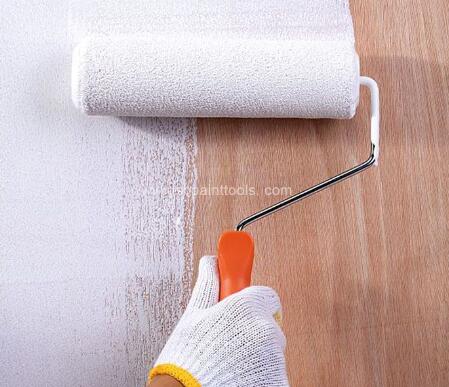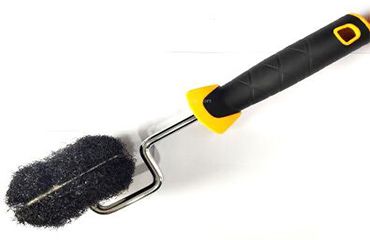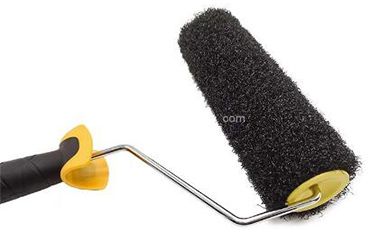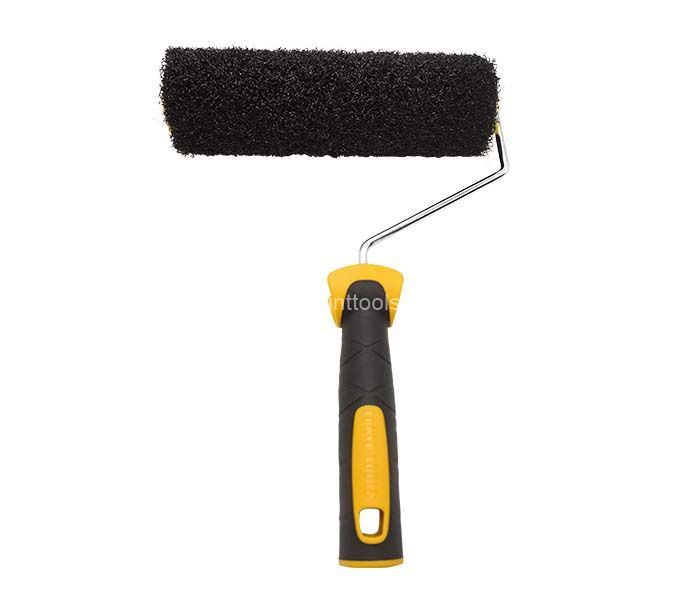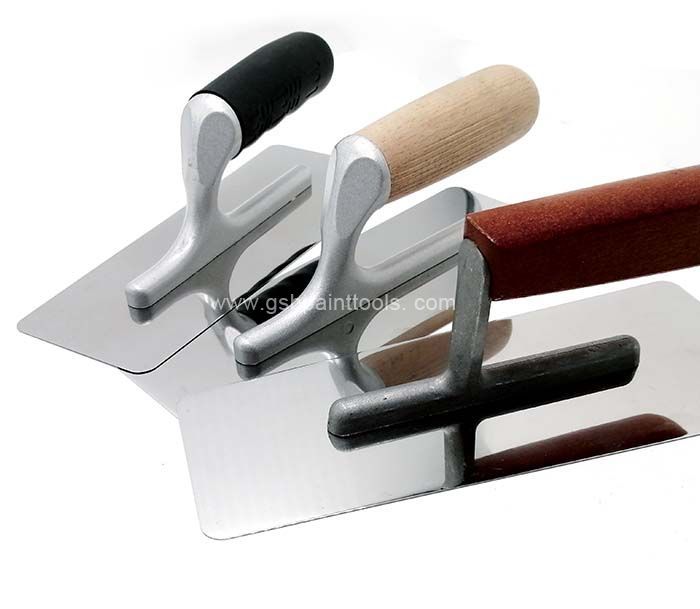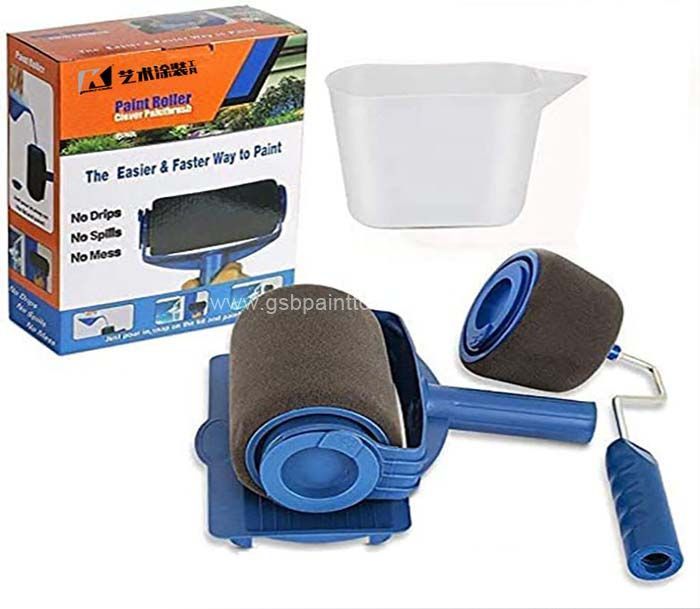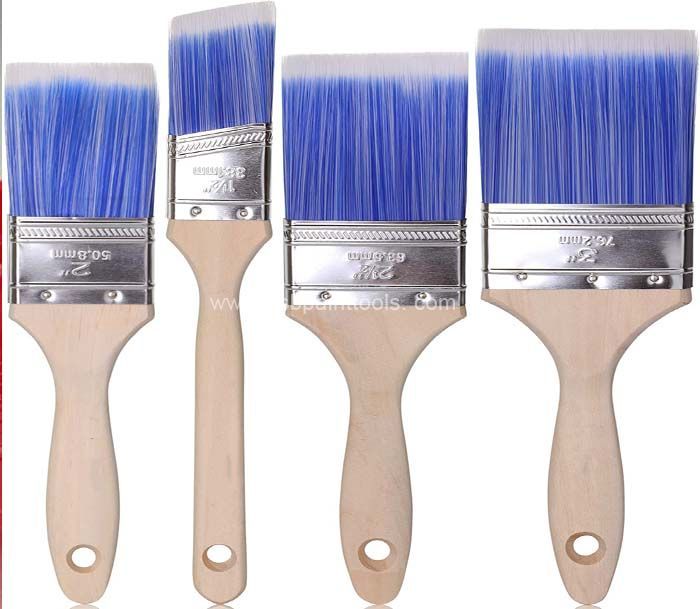Exploring Decorative Art Roller Basics
Decorative art rollers have become a popular tool for artists and DIY enthusiasts alike, providing a unique and efficient way to add intricate patterns and designs to various surfaces. In this article, we will delve into the basics of decorative art rollers, exploring their features, applications, and tips for optimal usage.
Understanding Decorative Art Rollers
Decorative art rollers are specialized tools designed to imprint patterns onto surfaces such as walls, furniture, fabric, and paper. They typically consist of a cylindrical roller with a specific pattern carved or engraved onto its surface. The patterns can range from simple geometric shapes to intricate designs, offering a versatile means of artistic expression.
Features of Decorative Art Rollers
Roller Materials
Decorative art rollers are commonly made from materials like rubber, foam, or other resilient substances. The choice of material influences the roller's durability, flexibility, and the quality of pattern transfer.
Pattern Varieties
These rollers come in a wide array of patterns, allowing artists to create diverse visual effects. Patterns may include floral motifs, abstract designs, or thematic elements, providing endless possibilities for creative expression.
Applications of Decorative Art Rollers
Home Decor
One of the primary applications of decorative art rollers is in home decor projects. They can be used to embellish walls, furniture, or other surfaces, adding a personal touch to living spaces.
Crafting and DIY Projects
Art rollers are popular in crafting and do-it-yourself (DIY) projects. They offer a quick and effective way to enhance the appearance of various items, from gift wraps to handmade cards.
Textile Design
Artists and designers often use decorative art rollers in textile design. Applying patterns to fabrics can create unique textures and visual interest, making them ideal for creating custom textiles.
Tips for Using Decorative Art Rollers
Surface Preparation
Before using a decorative art roller, ensure that the surface is clean and smooth. Uneven or rough surfaces may affect the pattern transfer.
Roller Technique
Practice rolling the art roller on a spare surface to get a feel for the pressure and motion required. Consistent and controlled rolling enhances the precision of the pattern.
Experimentation
Don't be afraid to experiment with different patterns, colors, and surfaces. Decorative art rollers offer a versatile platform for artistic exploration, encouraging creativity and innovation.
Maintenance and Care
Cleaning
After use, clean the art roller thoroughly to remove any paint or residue. Proper cleaning ensures that the roller remains in good condition for future projects.
Storage
Store art rollers in a cool, dry place to prevent damage. Avoid exposing them to extreme temperatures or direct sunlight.
Choosing the Right Decorative Art Roller
Consider the Project
Select an art roller that suits the specific requirements of your project. Different patterns and roller sizes cater to various artistic needs.
Quality Matters
Invest in high-quality art rollers to ensure durability and consistent pattern transfer. Quality rollers provide better results and a more satisfying artistic experience.
Conclusion: Elevating Artistic Endeavors with Decorative Art Rollers
In conclusion, decorative art rollers are invaluable tools that open up a world of creative possibilities. From home decor to crafting and textile design, these rollers offer artists and enthusiasts an exciting avenue for self-expression. By understanding their features, applications, and proper usage, individuals can harness the full potential of decorative art rollers in their artistic endeavors.
For inquiries about acquiring decorative art rollers or to find a reliable supplier, please do not hesitate to contact us. Our dedicated team is ready to assist you in selecting the right tools to elevate your creative projects.







